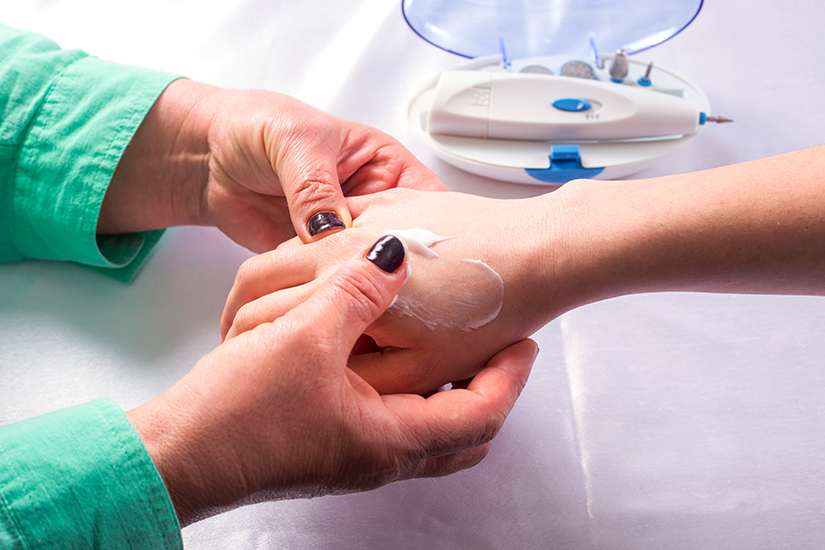- Emergency Ambulance Services
- 8606811111
- 0471-4077777, 0471-7177888
- gro@sutpattom.com
Support Systems in De-Addiction
De-addiction is a critical process that encompasses various aspects, including physical, psychological, social, and behavioral dimensions. It involves breaking free from substance abuse or addictive behaviors and reclaiming a healthy and fulfilling life.
The Importance of De-Addiction
Health and Well-being: De-addiction is crucial for restoring physical health, preventing long-term health complications, and improving overall well-being.
Relationships: It plays a vital role in repairing damaged relationships, rebuilding trust, and fostering healthy connections with loved ones.
Productivity: Overcoming addiction enhances productivity, focus, and performance in various aspects of life, including work, education, and personal goals.
Emotional Stability: De-addiction promotes emotional stability, self-confidence, and a positive outlook on life, leading to better mental health outcomes.
Challenges in De-Addiction
- Withdrawal Symptoms: Physical and psychological withdrawal symptoms can be challenging to manage and may require medical supervision and support.
- Cravings and Triggers: Overcoming cravings and identifying triggers that leads to relapse demand self-awareness, coping skills, and a strong support system.
- Co-occurring Disorders: Addressing co-occurring mental health disorders like anxiety, depression, or trauma is essential for sustainable recovery.
- Social Stigma: Societal stigma surrounding addiction can hinder individuals from seeking help, emphasizing the need for education and awareness.
Support systems play a crucial role in the process of de-addiction. Some key support systems commonly utilized are Famil Support, Peer Support Groups, Therapy/Counselling, Medical Professionals, Rehabilitation centres, Supportive Communities and Educational resources. Each person’s journey to recovery is unique, so it’s important to find and utilize support systems that align with individual need and preferences. Effective Strategies for De-Addiction includes Professional Treatment, Behavioural Therapies, Medication-Assisted Treatment, Support Groups and Lifestyle Changes. De-addiction is a challenging yet transformative journey that requires dedication, support, and effective strategies. By seeking professional help, building a strong support system, and making positive lifestyle changes, individuals can break free from addiction and embrace a healthier, fulfilling life.
Nithin A.F.
Consultant Psychologist,
SUT Hospital, Pattom.









